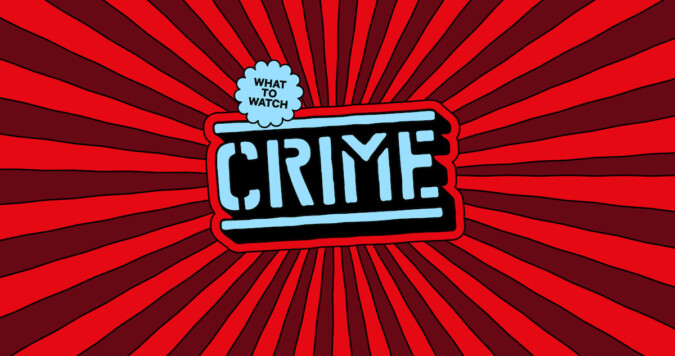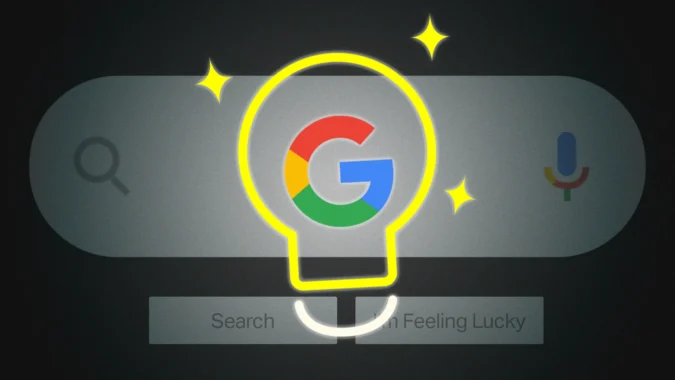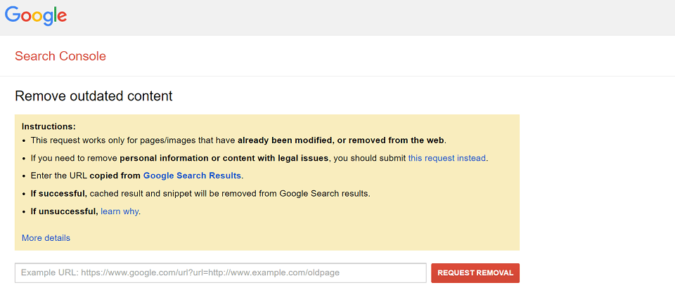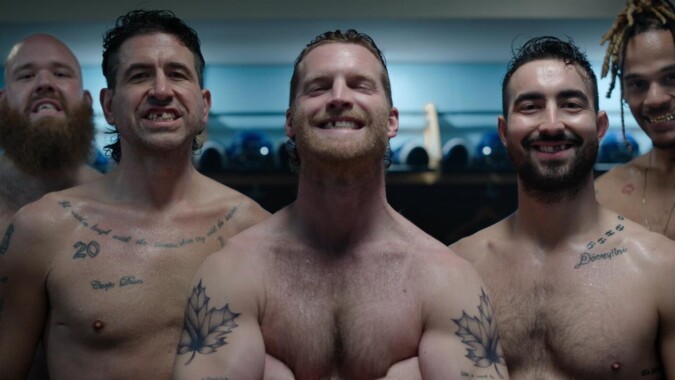True crime documentaries have exploded in popularity. If you’re a TV junkie, you’ve probably binged series after series about missing people, wrongful convictions, or notorious scandals. These shows are addictive. But behind every episode is a search engine pulling real records out of the internet.
What most viewers don’t realize is how easy it is for producers to dig up old court documents, mugshots, news clips, and rumors—all with a simple Google search. If your name ever made it into public records, there’s a good chance it could show up in someone’s research.
Let’s break down how this works and what you can do if your past pops up in search results.
Why True Crime Content Is So Search-Heavy

Documentary teams aren’t always working with huge budgets. They often start with one thing—Google.
They search:
- Court records
- News stories
- Blog posts
- Archived forums
- Reddit threads
- Obituaries or family records
These sources help build a timeline. If you’ve ever been involved in a case (as a witness, suspect, or even just someone mentioned in passing), your name can end up in the final cut. Even if you were cleared, the internet doesn’t care.
In fact, a 2023 report from Axios showed that over 71% of true crime doc producers rely on search engines for early-stage research. The information is public, easy to find, and usually free.
That’s great for storytelling. Not so great for privacy.
The Google Footprint That Never Fades

Once something’s online, it sticks. Especially if it’s tied to a court case or police record.
You may have:
- A dropped charge from years ago
- A lawsuit you settled
- An arrest that led nowhere
- A restraining order someone filed, then withdrew
Even if the case is resolved, the links remain. And once a producer finds them, they’re in.
One woman I spoke to was interviewed in a crime doc because she dated someone involved in a case back in 2006. She never talked to police, but her name showed up in an old court PDF. That was enough for the show to contact her—and for curious fans to Google her after.
How These Shows Make the Problem Worse
Once the documentary airs, the search volume around the case explodes.
Suddenly:
- Your name shows up with keywords like “murder,” “trial,” or “abuse”
- Reddit threads start dissecting your involvement
- YouTube channels post breakdowns with your photo
- TikTok clips grab screen grabs and go viral
It doesn’t matter if you were cleared. It doesn’t matter if you asked to stay private. If your name appears on-screen or in the credits, the algorithm takes over.
A Netflix documentary from 2022 caused a spike in traffic for one man’s name—over 300,000 Google searches in the first 48 hours. He wasn’t the subject of the crime. He was just a friend who testified.
What You Can Do if You Show Up in the Search

If your name is tied to a case—or even just mentioned—and now lives in Google, you still have options.
Step 1: Search Yourself
Start with incognito mode and search your full name. Check what shows up on page one and two. Look for:
- News stories
- Court listings
- YouTube videos
- Discussion threads
- Old blog posts or forums
Write down the links. Take screenshots. See if anything is inaccurate or out of context.
Step 2: Contact the Source
If a site published something false or misleading, ask them to take it down or update it.
Say something like:
“This article mentions me in a way that no longer reflects the facts. I’d appreciate a correction or removal.”
It won’t always work. But it’s a good first step.
Step 3: Ask Google for Help

Use Google’s content removal tools to request takedowns. You can ask for removal if the page includes:
- Sensitive personal information (like your home address or phone number)
- Outdated legal info
- Non-consensual content
- Safety risks
Go to Google’s Remove Outdated Content tool and follow the prompts. They usually respond in 7–14 days.
This won’t remove the content from the original site—but it can take it out of search results.
Step 4: Push Down the Results
If you can’t delete the link, bury it.
Post new content with your name in it. Focus on:
- LinkedIn updates
- Blog posts
- Medium articles
- YouTube clips or interviews
- Project pages or work features
Google ranks newer, active content higher. The more you post, the more control you take back.
One man featured briefly in a crime doc started a blog about his startup journey. Within 3 months, his business site replaced the crime-related articles in search.
Step 5: Use a Reputation Management Service
If you’re overwhelmed or need faster results, hire a team that handles this full-time.
A company that specializes in how to remove negative content from Google can contact news outlets, write SEO content, and file takedown requests the right way.
They know how to spot outdated listings, request removals under privacy laws, and build a clean search result strategy.
This route isn’t free. But if your name keeps getting tied to a crime story you had nothing to do with, it might be worth the investment.
Final Thoughts
True crime shows are entertaining. They’re also risky—for anyone connected to the story, even loosely.
If you’ve been mentioned in one, or your name shows up in related search results, take it seriously. Start by checking what’s out there. Remove what you can. Replace what you can’t. And stay alert.
Your reputation isn’t just a headline—it’s your identity. One old record or out-of-context mention can shape how people see you for years. You don’t have to let a past moment define your future.
Stay proactive, stay informed, and make sure what shows up online reflects who you are now—not just who you were then.
Search engines power the stories we watch. But you still have control over your own.
Take that control back—and keep your name focused on the life you’re living, not the show someone else is telling.





